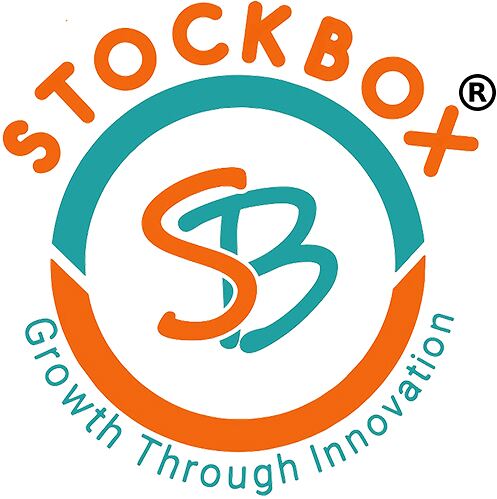In today’s cutthroat employment market, ESOPs, or Employee Stock Ownership Plans, are gaining popularity as a tool to draw in and keep top talent. Employee stock ownership plans, or ESOPs, are a type of employee perk that let employees own stock in the firm they work for. In this article, we’ll examine ESOPs in detail, including what they are, how they operate, and why it’s critical for both businesses and employees.
What is an ESOP?
Employee stock ownership plans, or ESOPs, let employees own equity in the business they work for. ESOPs are created to give employees a stake in the firm, which may be a strong motivation to work harder and make greater contributions to the business’ success.
How do ESOPs work?
ESOPs function by enabling employees to gradually acquire shares of the company’s equity. Ordinarily, the shares are distributed in accordance with the employee’s pay, tenure, and other variables. The stock is kept in a trust up until the employee retires, at which time it can be returned to the organization or traded on the open market. Additionally, personnel within the organization can buy and sell shares among themselves.
Importance of ESOPs.
There are several reasons why ESOPs are significant. They give workers a strong incentive to put in more effort and make greater contributions to the company’s success. They also offer a significant retirement advantage due to the potential appreciation of the stock shares. Employers may find that ESOPs are an effective tool for recruiting and keeping outstanding employees. As a result of feeling more invested in the company’s success, they can also aid in boosting staff morale and motivation.
In conclusion, ESOPs are a common strategy used by businesses to draw in and keep top personnel in the cutthroat job market of today. ESOPs may be a strong motivator to work harder and make greater contributions to the company’s success by giving employees a stake in the firm. An ESOP could be the best option if you’re an employer hoping to increase your business’s profitability or an employee seeking a worthwhile retirement benefit.

